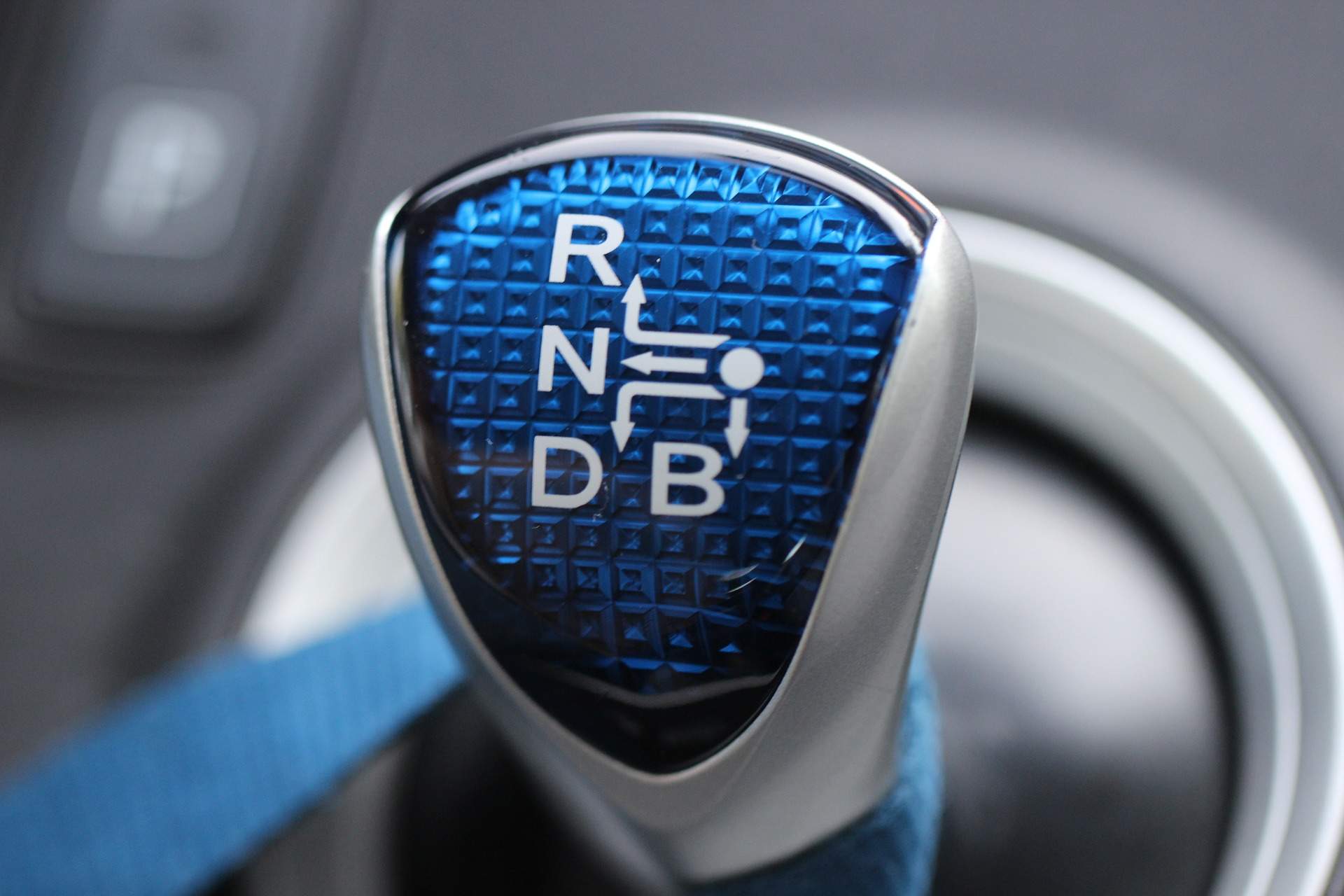
While some might be tempted to see the car market as a diesel vs hybrids duality, the pattern of adoption of new engine cars is driven by legislation and regulation.
In an attempt to tackle the UK’s growing air pollution concerns, car dealers are urged to make the shift away from diesel to a hybrid alternative. By 2040, the UK government plans to end sales of new petrol and diesel cars.
Comparatively, the basic difference lies between the conventional combustion engine and the technologies used for powering the engine. While a diesel car is powered by a diesel motor alone, hybrid cars are partly electrified and rely on an internal combustion engine to either drive the wheels or charge the battery.
Glenn Sturley, chair at the VRA, said: “The speed of transition to petrol – and also potentially to hybrids – is something that has caught almost everyone by surprise, especially when you look at what is happening in the fleet market, and it will materialise in the used sector in a similar manner.
“Dealers who have sold almost nothing but diesel models for many years will inevitably find that this is something of a culture shock and a key task will be ensuring that any corresponding reduction in demand for diesels is well managed.”
Emissions regulations
How well do you really know your competitors?
Access the most comprehensive Company Profiles on the market, powered by GlobalData. Save hours of research. Gain competitive edge.

Thank you!
Your download email will arrive shortly
Not ready to buy yet? Download a free sample
We are confident about the unique quality of our Company Profiles. However, we want you to make the most beneficial decision for your business, so we offer a free sample that you can download by submitting the below form
By GlobalDataAs of 2040, the sale of new diesel and petrol cars will be banned in the UK as a component of a clean air policy that the UK government will adopt. Drivers will only be able to buy a new model if it has some form of electric propulsion.
The BBC reported that councils will receive £255m in funds to tackle emissions from diesel vehicles. This fund is a part of a £3bn spending package regarding air quality measures.
Within two years’ time, an inevitable shift will happen in the used car market. SMMT statistics revealed that in 2017 alone, diesel suffered a 17% fall in volumes and a 35% increase in demand for electric vehicles.
Recent SMMT figures, also revealed that the demand for alternatively fuelled vehicles has surged up 26.3%.
Other countries committed to ending sales of diesel include: France (2040); Norway (2025); India (2030); and Germany (2030).
SMMT chief executive Mike Hawes told the BBC: “Currently demand for alternatively fuelled vehicles is growing but still at a very low level.
“The industry instead wants a positive approach which gives consumers incentives to purchase these cars. We could undermine the UK’s successful automotive sector if we don’t allow enough time for the industry to adjust.”
Diesel vs hybrids: what are the benefits of hybrids?
The main advantages of a hybrid car are that it runs on a combination of gas and energy, and as a result it consumes less fuel and emits less carbon dioxide compared to a diesel-engine vehicle.
Regenerative braking allows much of the energy produced during braking to be captured and transferred to the battery, increasing the charge and resulting in less fuel consumption.
Hybrids also have a high resale value because the hybrid versions of popular vehicles remain in high demand in the used car market. When you trade or sell your car, you will likely recover a higher percentage of your original investment.
Diesel vs hybrids: how are hybrids lacking?
Most hybrid cars are built for economy, therefore speed lags behind gas only vehicles. Sport-tuned suspensions and other performer enhancements are not typically found on hybrids.
Hybrid cars are comparatively more expensive than gas only vehicles—however, in return the amount can be offset with lower running cost and tax exemption.
Continuous improvement in technologies and the presence of a dual engine results in hybrid cars generally costing more to repair. Finding a mechanic who has the equipment and expertise is also difficult.







